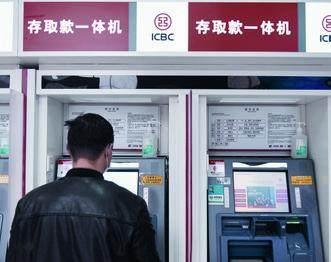The Digital Yuan on The Daily Commute
By Matteo Giovannini
The Peoples Bank of China has been stepping up promotion of the digital yuan, a so-called Central Bank Digital Currency that aims to replace some of the cash in circulation. It represents an argument that places the country at the feverish center of a hot debate engaging international government officials, economists, bankers and business executives alike.
One crucial question remains: How will this digital currency fare in daily life?
Hot topics
Throughout its dynastical history, China was reputed for being a major contributor to science in terms of discoveries and inventions—just think papermaking, the compass, gunpowder and movable-type printing—all of which have had a considerable impact on the evolution of humanity.
Even in modern times China has stayed true to its carefully crafted reputation for innovation through the introduction of new creations such as its high-speed railways, QR-based digital payment solutions, dockless bike-sharing services and online shopping platforms, which have generated a boost to economic development.
In the last decade, Chinas relentless technological and digital evolution has mostly homed in on the financial services industry. This focus, in turn, has helped mold a country that originally invented paper money during the Song Dynasty (960-1279) into a leader in the rising fintech sector—courtesy of a high smartphone penetration in the domestic market.
Recent actions and subsequent dynamics have witnessed Beijing emerging in pole position for the future national rollout of the digital yuan, after putting it to the test through a lottery-based system. They clearly signaled that the authorities had reached a substantial level of confidence and built up expertise from previous pilot programs conducted across less complex and sensitive urban areas in the country.
On June 18, Xinhua Finance reported that the Beijing branches of two of the largest state-owned banks, Industrial and Commercial Bank of China (ICBC) and Agricultural Bank of China (ABC), started to offer cash exchange services for the digital yuan. This feature, initially available only in Beijing, authorizes customers to reciprocally convert the digital yuan to cash at over 3,000 ICBC ATMs and more than 10 ABC ATMs in the Wangfujing shopping district through a two-minute process requiring a digital wallet setup, identity verification, QR scan and transaction authorization.


